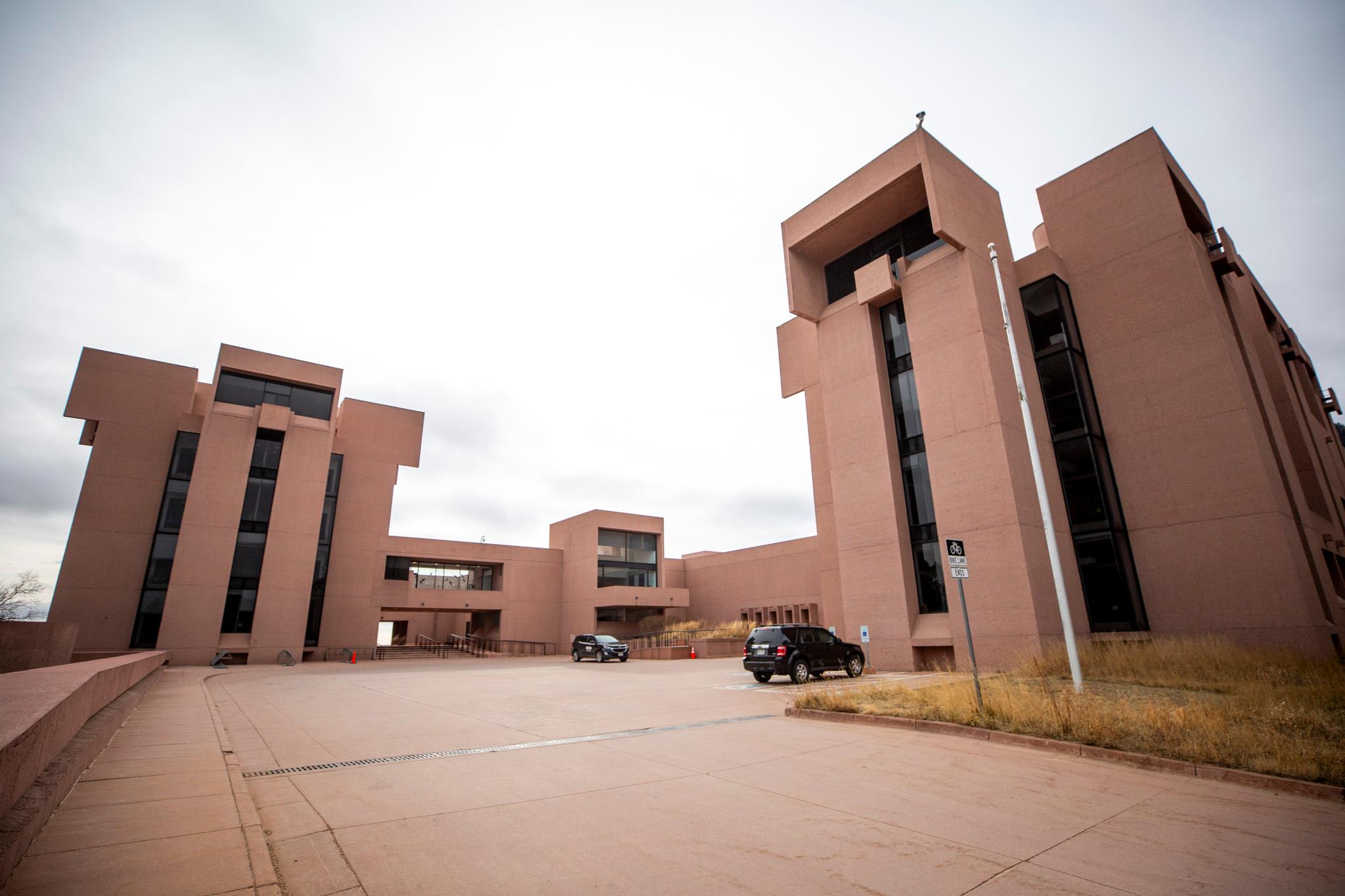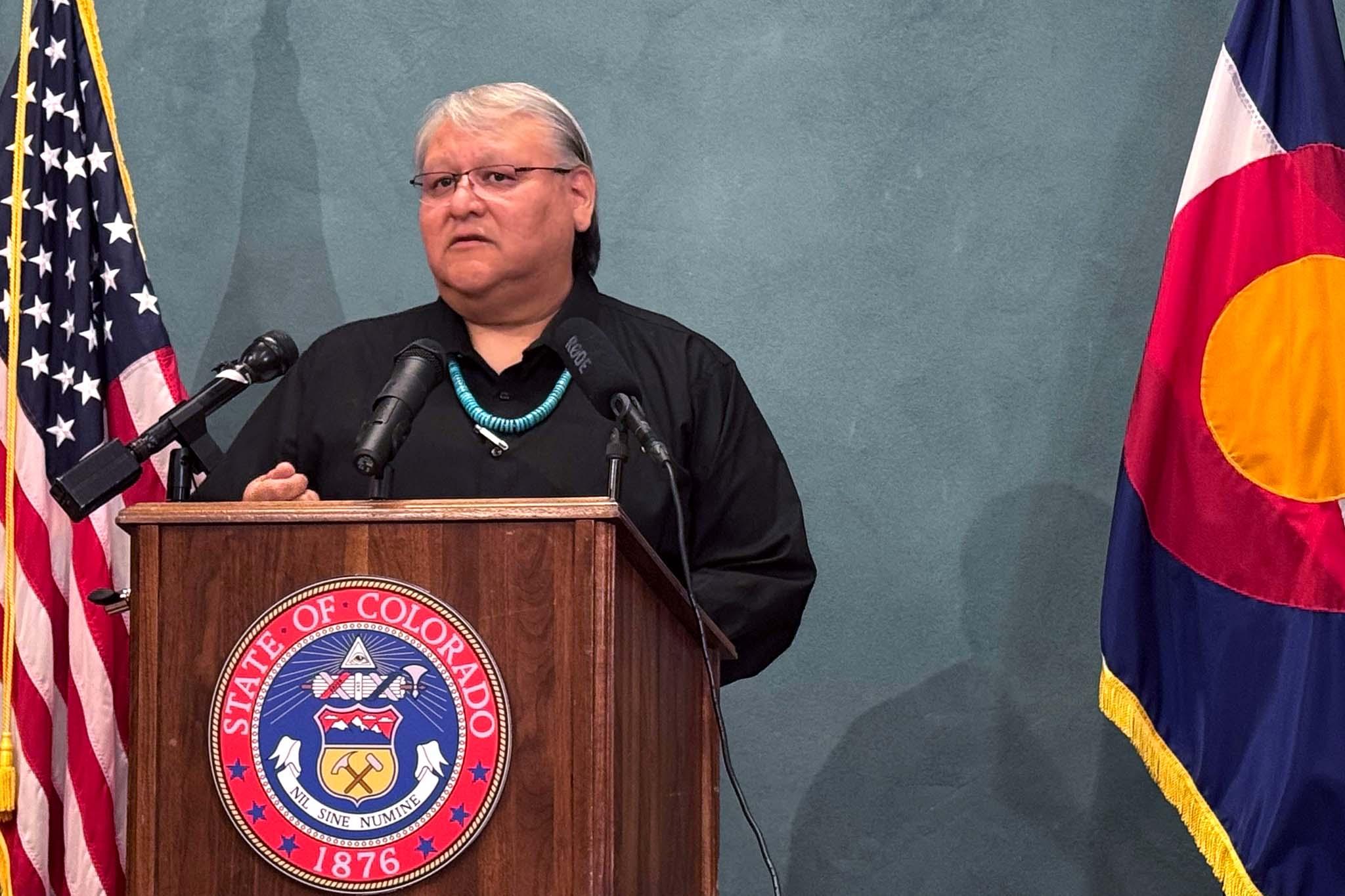
Right near the top of the ballot this election, Coloradans will be asked to vote on something many know very little about: the University of Colorado’s Board of Regents. But voters could swing the balance of power on the board for the first time in nearly four decades this November. Here’s what the regents do, and why we vote on them:
What the board does:
The nine-person board is the governing body that oversees the University of Colorado’s $3.7 billion budget. It sets tuition and priorities and hires the president and other top leadership. The university has a big economic impact. It’s Colorado’s third largest employer and puts $7 billion a year into the economy.
Why state residents vote for this board:
It’s in Colorado’s constitution. We’re just one of four states with an elected board of regents.
The regents elections are partisan races:
There are nine elected positions. Seven represent congressional districts. Two are statewide positions, one of which is in play this year. Regents say that on occasion their political or philosophical differences do play a role in the outcome of a decision.
Who the candidates for this statewide race:
The two candidates have very different backgrounds, political leanings and world views. Republican Heidi Ganahl is the founder of Camp Bow Wow, a dog-care service that she grew into a $100 million internationally franchised business. She was named by Fortune Magazine as one of the top ten promising entrepreneurs of 2014.
The Democratic candidate is Alice Madden. She runs the Center for Natural Resources, Energy and the Environment at CU’s Law School. She’s worked in high-tech and law, and held elected office: two terms in the state House, and Democratic Majority leader. She was also Climate Change Advisor and Deputy Chief of Staff to former Gov. Bill Ritter.
This race has even gotten some national coverage:
The Board of Regents has had a Republican majority for nearly four decades. Observers say if Madden wins, Democrats would take control.
Why that’s significant:
Well, because of Democrat Madden’s ties to climate issues, some of her opponent’s campaign literature said that Madden would try to push CU to divest from fossil fuels. Madden told me she does not intend to do that and said in fact “Colorado has a long and proud extraction history.” But in interviewing the two candidates, they share some priorities, and they also have clear differences.
Republican Heidi Ganahl wants to focus on getting students the best value possible for their tuition dollar and help graduates get great jobs. She says she wants to make sure the university is a place that the faculty loves and where research is a priority.
Alice Madden’s highest priority is high tuition, which has doubled since 2001. She’d like the Board of Regents to press the legislature for more money. She says during the time of the board’s conservative majority, Colorado has slipped to 48 in the nation in state funding for higher education. She says the board should have weighed in on the controversial hospital provider fee bill that would have allowed lawmakers to tap another $700 million.
Ganahl doesn’t believe it’s the board’s role. Ganahl believes state funding is disappearing. She’d like to concentrate on finding new, creative funding streams, such as technology transfers as a way to boost revenue and use her entrepreneurial skills towards that end. And she worries about antagonizing the legislature. Madden also wants to focus on efficiencies. For example, she’d like to see an audit of administrative salaries, which she believes are very high, compared to teaching salaries.
There are other priorities for the candidates:
A big concern of Democrat Madden is the lack of racial diversity at CU. She wants it to be a top priority. Republican Ganahl talks about a different kind of diversity, that of political thought. She shares some regents concerns about a liberal bias at CU.
What is the voter response rate like for this particular line on the ballot?
Some voters, when they don’t know anything about a race, don’t vote on it. For example, four years ago, there were more than 10 percent fewer votes cast for the Regent candidates on each party’s ticket than there were for president.








